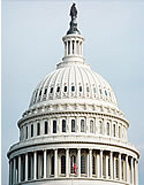 The United Organizations of the Horse unveiled its Humane and Optimal Restoration and Sustainability of Equines (H.O.R.S.E.) Act this week, during the annual meeting of the American Horse Council in Washington D.C.
The United Organizations of the Horse unveiled its Humane and Optimal Restoration and Sustainability of Equines (H.O.R.S.E.) Act this week, during the annual meeting of the American Horse Council in Washington D.C.
The H.O.R.S.E Act includes several key points including humane euthanization; strengthening enforcement of regulations for horses being transported for processing; and better management and population control of feral wild horses and burros to ensure the sustainability of wild horses, native wildlife, and the protection of public lands.
Representatives from state horse councils, breed associations, trade organizations, and equine related nonprofit organizations traveled to Washington to introduce the concept to U.S. legislators. Final text for the bill is currently being drafted.
“Everyone agrees that the humane care and management of horses from birth to death is of the utmost importance,” said Frank Bowman, of Horsemen’s Council of Illinois. “The H.O.R.S.E. Act ensures that horses that are to be euthanized for any purpose, whether mercy or processing, will be afforded euthanization in a manner that is approved by the American Veterinary Medical Association and the American Association of Equine Practitioners.”
Bowman further noted that euthanasia for reasons of mercy is literally defined as a “good death” that is quick, painless, and as stress-free as possible.
“The point we try to make is that once that ‘good death’ occurs, all legal, moral, and ethical obligations to the well-being of that animal cease,” said Sue Wallis, a Wyoming state representative and one of the founders of the United Organizations of the Horse. “What happens to the carcass in terms of how it is disposed of or how it is utilized is entirely the right, prerogative, and responsibility of the owner.
“I am proud that the proposed H.O.R.S.E. Act includes provisions that will protect the rights of owners who never want to see their horse go to processing, as well as provisions to protect the private property rights of those horse owners who want or need to recoup the monetary value of an unusable horse.”
The last U.S. horse processing facility was closed through state action in 2007. Currently the only available facilities for unwanted U.S. horses are in Canada or Mexico. Horse meat, a high quality source of protein, is accepted for human consumption in many parts of the world, according to UOH, with China the foremost consumer, followed by Mexico, Italy, Sicily, the Scandinavian countries, France and Belgium.
The United Organizations of the Horse was formed in response to the growing number of public policy challenges facing American horses, their owners, and horse-related organizations,” said Wallis. “Together we seek to unify all like-minded equine associations and individuals in support of the mission to promote the humane care and management of horses.”
